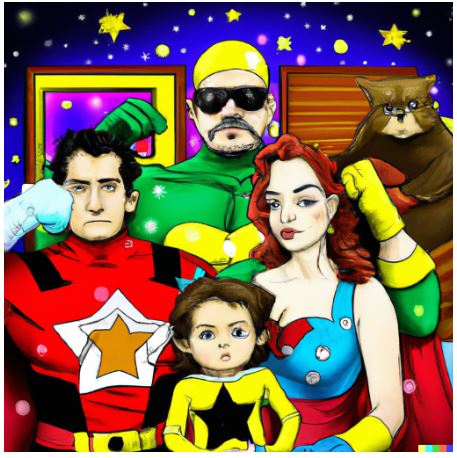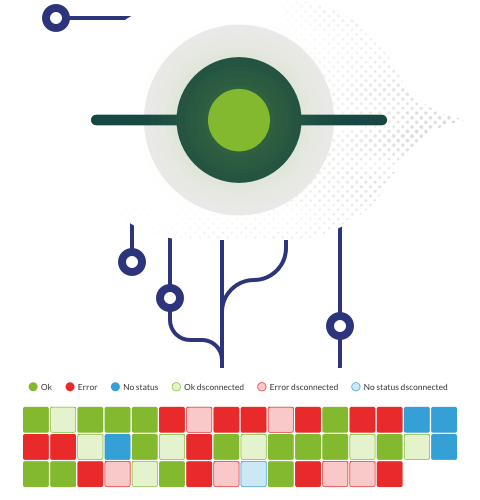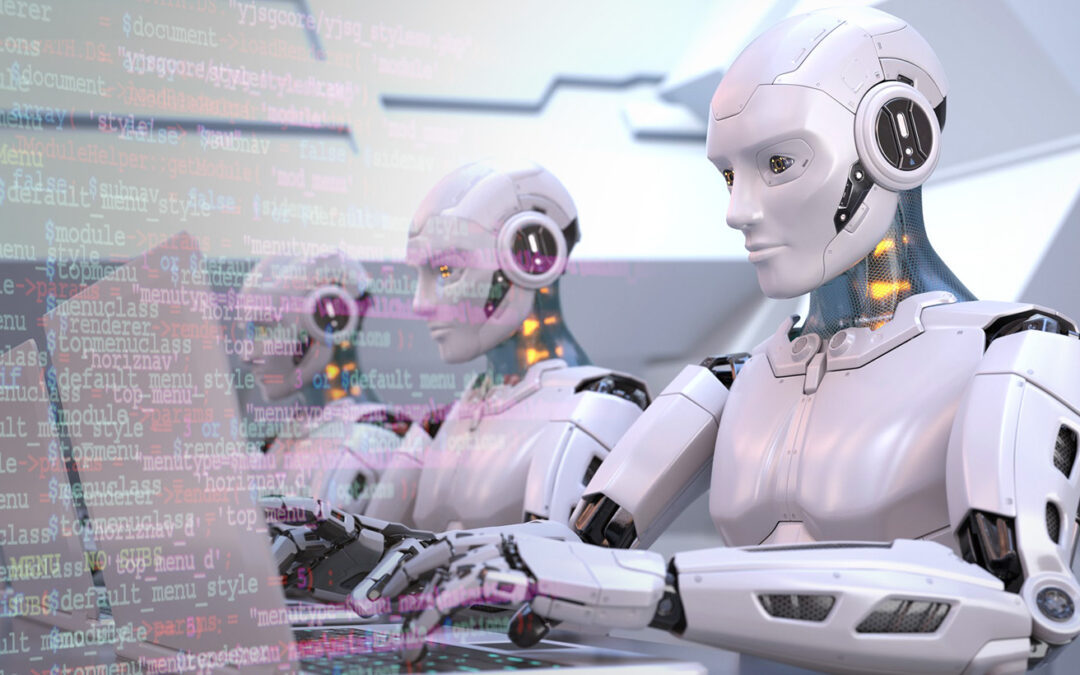Although it has been developed very quickly in recent years, thanks to technological advances, Artificial Intelligence (AI) has been around since the 50s.
Today this technology is being developed to do tasks that were previously only a matter for humans, such as programming.
What is GPT-3? Is your work as a programmer in danger?
AI is equipped with a set of tools, algorithms and techniques that allow it to learn on its own and improve its skills.
This makes it an excellent choice to replace programmers writing code in the near future.
First, AI is much more efficient than human programmers when it comes to writing code.
AI can analyze patterns and information much faster and more accurately than any human, allowing it to write code much faster.
AI is also capable of detecting and correcting errors automatically, which means the programming process is much simpler.
In addition, AI is much less expensive than human programmers to write code.
This is because AI doesn’t need to spend as much time learning programming languages, allowing it to save on working hour costs.
Well, you see? AI is not bad at all, after all, almost all the previous paragraphs have been written entirely by the ChatGPT.

Had you noticed?
Don’t worry, don’t panic!
If you really believe that AI in the near future can replace programmers writing code, re-read the previous paragraphs a little more carefully.
GPT-3, the autoregressive language model that uses deep learning to produce texts that simulate human writing, writes well, of course, probably better than me, because it doesn’t make mistakes.
But, again, read the first paragraph written by GPT-3 again to see if you find out what I’m talking about.
You get it?
I’ll come and give you a hand.
AI can write better than a human, but it will never have a purpose
If we asked AI to write us a story, it would write something with correct syntax, even with meaning, but the text would offer no greater interest than that written by a good elementary school student.
However, writing fiction literature or essays is an activity with a very large artistic and creative component.
You might think, and I do not blame you, that many bestsellers could be written by Artificial Intelligence, and it is more than likely that the authors of the future will use Artificial Intelligence tools to find flaws in their texts, to round off their style and in some cases to add some filling content.
Moreover, I would say that is already happening.
In fact, Google is updating its algorithms to detect content generated by Artificial Intelligences as the Internet begins to be full of it.
However, I guarantee you that this article contains something outside the scope of an AI today:
- Acid irony.
- Even more acidic sarcasm.
- And why not? A certain melancholy.
*Damn it, this last paragraph was corrected by the AI, did I not tell you that it was possible?
But let’s go beyond that.
Before talking about an activity like code, let’s talk about other disciplines affected by Artificial Intelligence.
Are we talking about autonomous driving?
Soon Google, Microsoft and Apple assistants will use the new algorithms and will be much, much smarter, they will even be able to help us answer emails while driving, and give us better guidelines.
What’s more, I’m sure that in less than a decade, they will drive for us from point A (our garage) to point B (a public parking space).
But wait…
I live in Madrid…
Have you ever tried to find a car park in the center of Madrid?
Surely in Silicon Valley they do not have such hellish parking….
So, I withdraw what I said, that will still take some time, at least in Madrid.
Let’s give it 20… 30 years, but it will come.
I assure you, it will come.
The same will happen with text translation (but much, much earlier), the musical composition of the greatest hits, and with illustration, painting and graphic design.
If I ask Dall-E2 (the interface for creating OpenAI images with GPT3) to create an illustration for me under the premise “marvel-style illustration of a Hungarian family celebrating New Year’s Eve” it will draw this:

I swear I’m not kidding. It did it for me, in no time.
Is your position as a programmer in danger?
But back to the subject of code. I have no doubt that sooner or later (10 years from now) there will be tools that help developers create, debug and test code as a functional part of software development suites, such as add-ons or additional utilities.
Artificial Intelligence is/will be little by little an assistant that will add tasks to its backpack, but in the near future, the creation of full applications through a simple premise does not make sense, since as in literary, visual or musical creation AI lacks context.
Creating an application is an extremely complex process, where the code part is only one part, and it is not the most important part.
Context is much more important, and it includes answers to questions such as:
- How will it be used?
- Who will use it?
- What data inputs and what data outputs are expected?
AI is good at giving answers, because what it does is study millions of existing questions and their answers, validating that learning process over billions of turns to the shaker we call Deep Learning, but…
Is it capable of asking new questions?
No, absolutely not.
Many will say that pure creation does not exist. That all stories have already been told, and that modern popular music does not come out of four chords repeated ad nauseam in different rhythms and melodies. They are right, but nuances are almost everything.
In the world of software development, these subtleties are a universe full of very subtle nuances that we can not “put in a shaker” and expect the mixture of previous formulas to work. It is science fiction and if I may say it, bad one.
Maybe one day Formula One drivers like Fernando Alonso will compete on a circuit hand in hand with Artificial Intelligence. But it won’t be this decade, or the next.
There are not only practical limitations, but ethical, moral, economic and legal limitations.
A commercial airliner could land on its own, but no insurance company would insure the device.
After all, who were we going to blame in the event of an accident?
The same applies to code generated by AI.
Who would patch it? Who would extend it? Who would talk to the client to understand the requirements? Who would invent the text of the “tooltips” to help in the interface? Who would design the interface (UI)?
Let’s get even more risky. Why not buy AI as a company CEO? Why not buy AI as President? Why not buy AI as a partner or lover?
AI applied to everyday life has just begun, but companies like Google already see their business model in danger, because what an AI does very well is answering questions and simplifying the process of obtaining information and delivering moderately satisfactory results.
Nowadays it is the ideal assistant, who does not stop observing and learning. And the time will come when it takes control over many activities, but as for software developing, it is still too soon.
Although we shouldn’t relax that much, everything is a matter of time.
After all, I said that this text was not fully written by AI,
but…
Can you really be sure about that?
Sancho is the one who created and founded Pandora FMS. Among his many hobbies, besides technology and the internet in general, is reading, playing the guitar and sports like fencing or boxing. In his personal blog he dares to write about business and technology issues when he has the time, which is almost never the case.


















